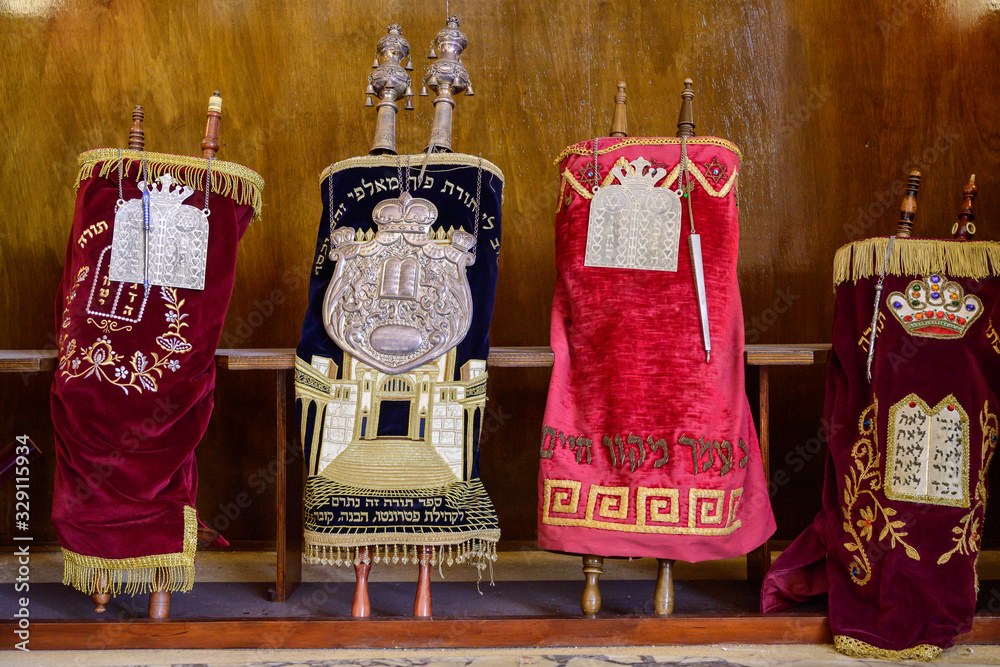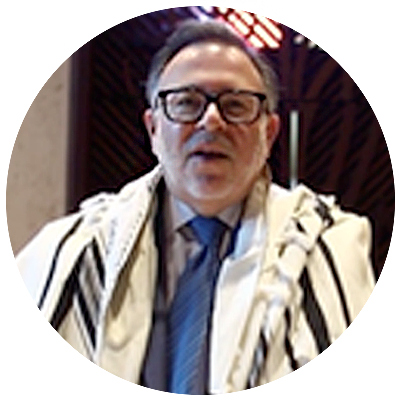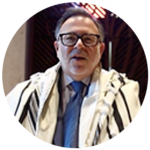Join Us Friday Evenings at 7:30 pm for Shabbat Services

A Taste of Torah
Saturday mornings at 10:00 a.m.
– Class is now in-person or virtual –

Join us on Friday Evenings at 7:30 for Shabbat Services

High Holidays
Check our Calendar for High Holiday information

Friday Evenings at 7:30 pm
A blend of Hebrew and English built on tradition and innovation.
Masks will provided upon request.
Virtual Services are available.
We recently had Shangai Shabbat and often dedicate a service to Ethiopian Jewry.
We have such innovative services as Latino Shabbat, Gospel Shabbat, Law Enforcement Shabbat, Pride Shabbat, Beach Shabbat, and much more. Our services are a joyous learning experience.
- Saturday mornings at 10:00 am
- All are welcome to continue the observance of Shabbat

Rabbi Jack’s Message in a Minute
According to the Beatles hit song, love is all you need. And, if you think about how many times love is mentioned in our prayer book and how often we find love within the many narratives in the Torah, one would totally believe the lads from Liverpool were so right. Or not.
This week’s reading, Ki Teitze, contains the most laws of any section in the Torah. Among them we find one that speaks about love between a husband and his two wives. God tells Moses to warn the Israelites that if a man loves one spouse more than the other, then he should not favor her children over the offspring of the less loved one. ( Deut. 21:15-17)
Many ancient sages saw this prohibition as a direct reference to Jacob, Rachel and Leah. Our third patriarch’s preference for Rachel and the resulting dynamic between Jacob and Joseph led to strife, conflict, family discord and ultimately disaster for the entire clan.
Moreover, we witnessed a similar failing when Abraham exiled Ishmael his son by Hagar, and Abraham’s clear focus on Rebecca’s son Isaac instead. On one level this reveals an important feature of our holy text and it’s icons. The Torah is unafraid to point out the mistakes of even our most revered protagonists. Especially if it is meant to act as a teaching lesson for improved future behavior by us all.
Still, the Talmudists and other commentators noted another overriding message about the commandment to treat all children equally regardless of your innermost feelings for their respective mothers. Love has to be connected to justice. Your strongest emotions–like love–must be tempered with what is right, fair and just. Obviously it is a difficult ask: have the discipline to not be driven by blind love, to not succumb to unbridled desires or the need to satisfy your beloved’s feelings at the expense of others. But the ideals of the Torah are for each of us to aspire to, hopefully raising our understanding and thus our actions to a higher spiritual plane. As we approach the High Holidays and seek self-improvement there is no better time to comprehend that love and justice is all we need.
L’shalom, Rabbi Jack
The blessing for igniting the Havdallah candle literally translates to praising, “the Creator of the lights of fire”.
Using the plural form initially confused our ancient scholars, but the Mystics understood that saying “lights” instead of “light”, must have some deeper, signifigant meaning. Certainly, they began their analysis with the somewhat obvious reference to the multiple wicks. In addition, the Kabbalists noted the various colors of the flame (as discussed in a prior commentary) as another justification for the plural in the blessing. However, as they studied, discussed, and pondered the possibilities, the spirit filled Rabbis from Spain and later Safed landed on a different explanation.
To them the plural was an intentional choice, a literal reference to the many “lights” that are important to Judaism. They pointed out the Shabbat candles, the grand 7 branched Menorah in the Temple, the required eternal flame in the sanctuary, the neverending fire on the sacrificial altar, the burning incense, the eight-candled Chanukiah, the radiance of the face of Moses, and the moon we bless each month. Moreover, they extended their list of lights to what they believed was at the core of the blessing’s intent – our souls and the Torah itself. “Or” in Hebrew means light and is arguably the root of the word Torah – our holiest book thus could mean Enlightenment. And, of course our soul is that special light that dwells within each of us.
The “bracha” blessing of the Havdallah candle reminds us of all the lights that are part of our heritage and to employ the principles of the Torah to brighten the lives of others and thereby ourselves as a new week begins.
Shevuah tov, Rabbi Jack
